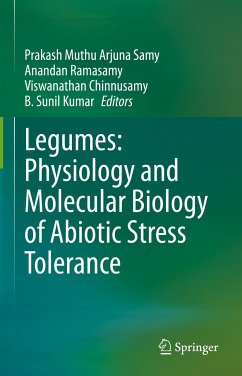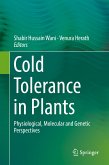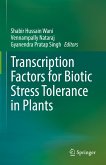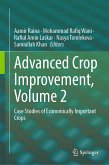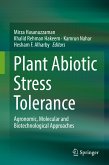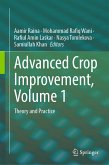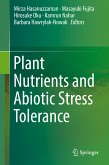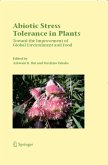Legumes play an important role in human nutrition and soil health through fixation of nitrogen. Legume production and productivity are vulnerable to different abiotic stresses. A proper understanding about the physiological and molecular basis of the legume crops is essential for genetic improvement of abiotic stress tolerance. This book consists of 15 chapters covering physiological and biochemical basis, molecular physiology, molecular breeding, genetics, genomics, transgenics, epigenetics of drought, saline, high temperature and nutrient deficiency stresses, and the role of microRNAs in abiotic stress tolerance.
This volume offers new perspectives in legume crop abiotic stress management, and is useful for various stakeholders, including post graduates students, scientists, environmentalists and policymakers.
Dieser Download kann aus rechtlichen Gründen nur mit Rechnungsadresse in A, B, BG, CY, CZ, D, DK, EW, E, FIN, F, GR, HR, H, IRL, I, LT, L, LR, M, NL, PL, P, R, S, SLO, SK ausgeliefert werden.

